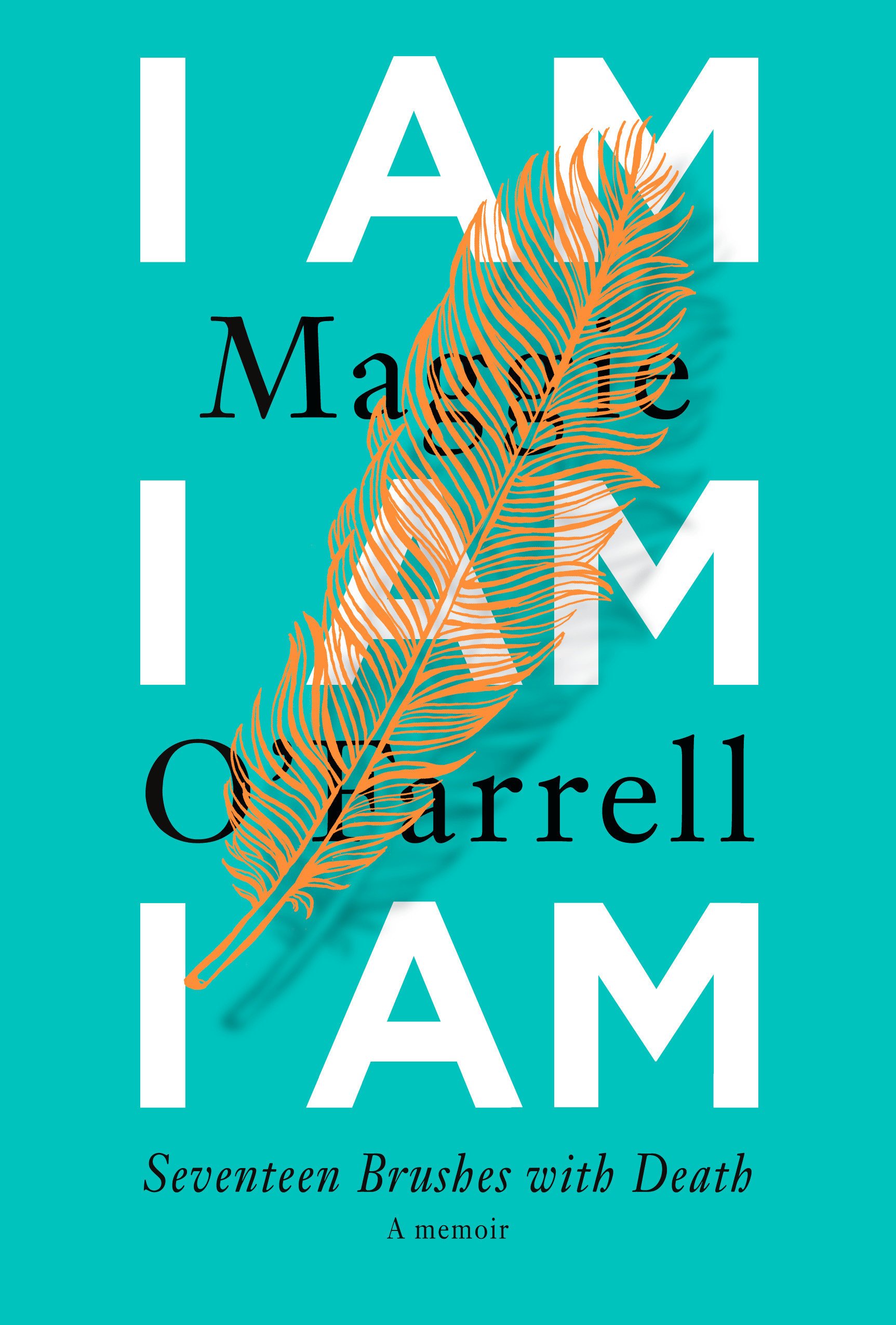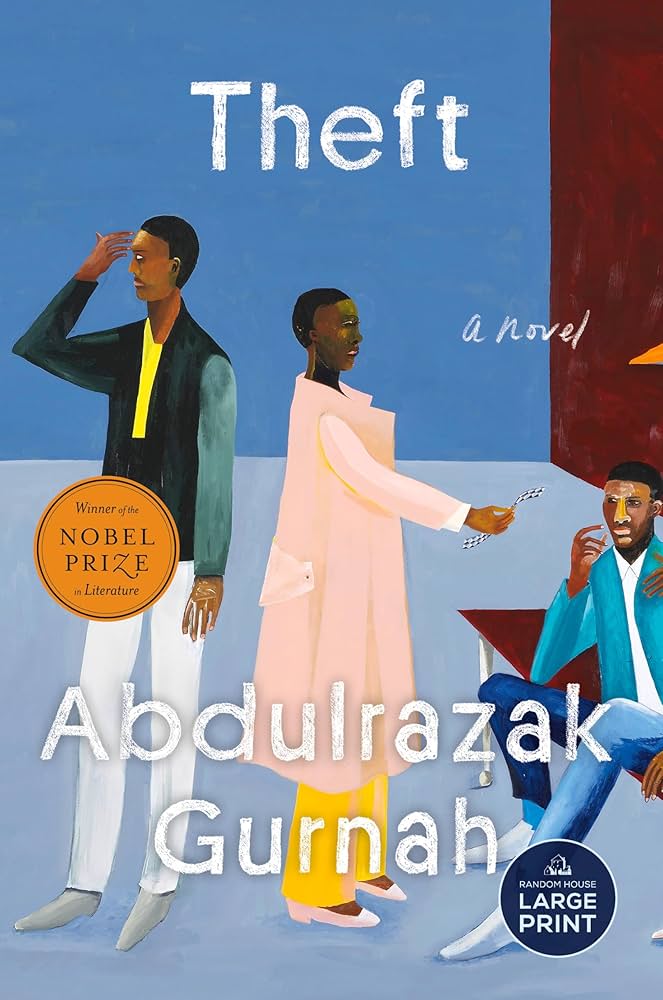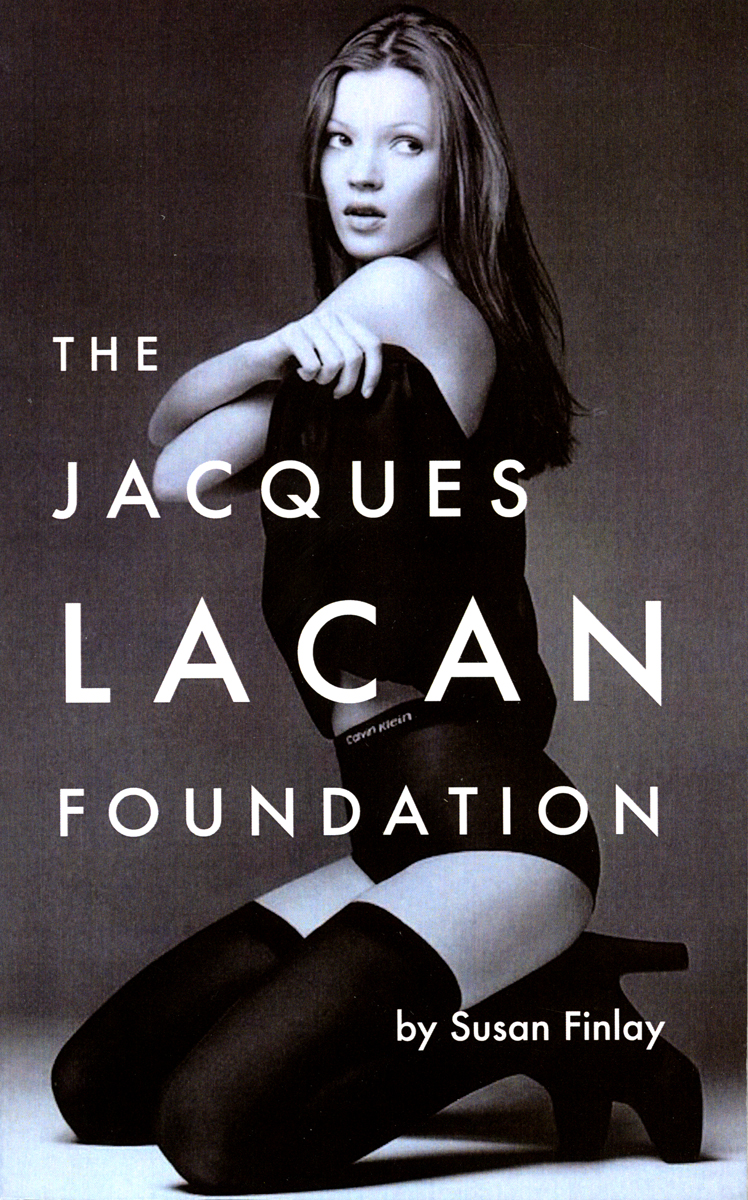Curated by ELLY HONG
This round of Friday Reads features recommendations from two of our online contributors: Jane McCafferty, author of “These Winters in Pittsburgh are Making Us Strong,” and Emma Ferguson, translator of poetry by Esther Ramón. The memoirs they recommend provide a window into the lives of two dynamic and extraordinary women.
Recommendations: I AM I AM I AM: Seventeen Brushes with Death by Maggie O’Farrell and What You Have Heard Is True by Carolyn Forché
Maggie O’Farrell’s I AM I AM I AM: Seventeen Brushes with Death, recommended by Jane McCafferty (contributor)
I recommend a book of nonfiction called I AM I AM I AM by Maggie O’Farrell, who also wrote the phenomenal novel, Hamnet. She’s as fine a nonfiction writer as she is a novelist. Her use of language is so precise as to be electrifying, and her mind seems utterly alive on the page as it searches for ways to articulate unusual, relevant perception.
This book is actually a series of essays during which O’Farrell tells the stories of how she almost died. You might be wondering how someone could “almost die” so many times—and I wondered this too, which of course is part of the intrigue. But the stories are fascinating, in part, because they are not things you can’t imagine experiencing yourself. A wobbly plane that threatens to fall out of the sky. A sickness improperly treated by doctors. An accident in water.
The essays become an invitation to meditate on life’s fragility, but also on this writer’s strength and courage as a woman. In one essay, a man follows her as she hikes; she knows the man is a killer, but has been schooled out of trusting her instincts. It’s mostly luck that delivers her to safety. The deeper contemplation in this essay is about being young, and female, in a culture that diminishes you. In another essay, she tells the story of almost drowning as a high-school girl in Scotland who wants to break out of a small town; the story itself is a page-turner, but what illumines the writing is O’Farrell’s, sharp, poetic diction, and the turns these essays take. For lovers of essays—and stories (since all these essays are based on really well told narratives) this is a book you’ll love. O’Farrell is a restless mind. It’s a book writers will appreciate—and teachers of writing, too. I taught it in a Creative Nonfiction class and every student in there loved it. That’s a rare occurrence, as anyone who’s ever been in a classroom knows.
Carolyn Forché’s What You Have Heard Is True, recommended by Emma Ferguson (contributor)
While it may be overly obvious to recommend Carolyn Forché’s poetry to a readership of the literary-minded, I have been telling everyone who will listen over the past several weeks about her memoir, What You Have Heard Is True, and I will not stop. I devoured it. Her story initially paints a very particular picture of an idealized launch into adulthood in the early eighties: being twenty-seven and teaching writing, already publishing books of poetry, smoking cigarettes and typing in the kitchen she shares with her roommate in California. The shift into a Latin American revolutionary tale is not as sudden as it first appears—Forché had spent time in Spain prior, working on translations with a friend and meeting family members, participating in their extended community. So when Leonel Gomez Vides drives from Central America to find her, teach her, and bring her back to El Salvador just because he has heard about her from a family member, there is some connection there. Barely.
This memoir reads as both spiritual awakening and mystery novel. We may have expected nothing less than exquisite language and rich unfolding of ideas from Forché. It is delicious to read the details of a young writer’s life and her poet’s perspective, and equally scrumptious to read the interruptions—weeks, months at a time in El Salvador, unprepared for the culture and politics, and unfolding for the reader her own journey into the very center of it. She skillfully revives the shock of hearing about the corruption in both the U.S. and Latin America that created such a tense political moment in El Salvador that would shortly erupt into full blown revolution. Even as a Latin American Studies major, I found my own wonder, and rage, reawakened. The book includes transcriptions of her own penciled notes from her travels, the raw, initial observations—these vibrant details are urgently captured, and also they remind us it is important to write everything down, of course. Although these are not poems, just notes, they provide a glimpse into the crucial nature of her daily activities and the mind of the poet thrown into a new world.
We know the protagonist survives, but there are sections that are absolute page-turners, making us wonder how she possibly escapes alive this time. The book is not all dodging bullets, though—there is friendship and love, and we see how the months spent in El Salvador have shaped everything that came after for this poet. There is nothing here that doesn’t wildly inspire me. If you have heard that Carolyn Forché wrote a memoir and haven’t picked it up yet, it is time.






